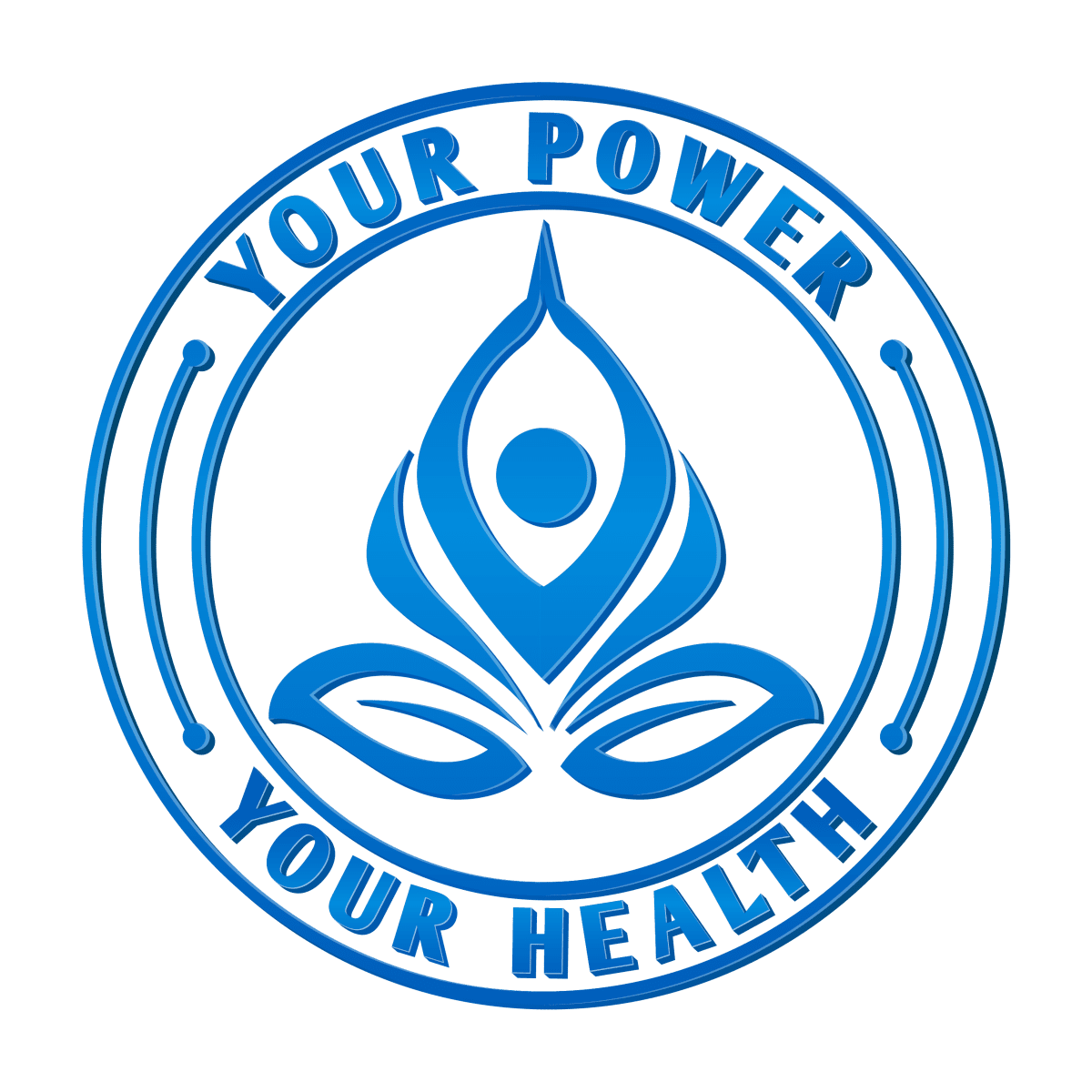Most adults in the US are sleep deprived. Not only do we need enough sleep, 7-8 hours each night, but we need good quality sleep. It’s important to have a regular sleep schedule and to feel rested after you have had a full night’s sleep.
Children need more sleep than adults: 1
- Teens need 8-10 hours nightly
- School aged need 9-12 hours nightly
- Preschoolers need 10-13 hours per day including naps
- Toddlers need 11-14 hours per day including naps
- Babies need 12-16 hours per day including naps
There are many health benefits derived from adequate sleep: 1
- maintain good health
- maintain a healthy weight
- lower risk for heart disease or diabetes
- stress reduction and mood elevation
- road safety
- better judgment
If you have trouble getting to sleep, staying asleep or getting good quality sleep, you can make some changes to your daytime behavior to help you sleep more effectively: 1
- spend some time outside each day
- plan strenuous physical activity earlier in the day, not just before bedtime
- stop consumption of caffeine early in the day
- limit any naps during the day to 20 minutes or less
- drink alcohol in moderation if at all – 1 drink per day for women; 2 drinks per day for men
- stop eating three hours before bedtime
- quit smoking
Changes to your nighttime routine can help as well: 1
- go to bed the same time each night
- get the same amount of sleep each night
- use your bed for sleep and sex only, no TV, food or screen time
- if you are still awake after 20 minutes, get up and do something relaxing like meditation, or reading but avoid screen use
If you feel like you aren’t getting enough good quality sleep, see a doctor. You could have a sleep disorder like sleep apnea. If any of these symptoms are present, you should also see a doctor: 1
- frequent loud snoring
- pauses in breathing during sleep
- waking up groggy
- pain or itchy feelings or twitching in extremities
- trouble staying awake during the day
Adequate and high quality sleep is extremely important to your good health. Even a small decrease in sleep can lead to:
- memory loss
- mood swings
- higher risk of diabetes and heart disease
- increased blood pressure
- decreased sex drive
- weakened immune system
- poor judgment
- food cravings
- weight gain
The bottom line is that sleep is one of the most important things you can do to maintain your good health. If you have any of the symptoms listed above, see a doctor for help. You will be amazed at how much better you feel after a good night’s sleep. Sweet dreams.
Recent Articles
Sorry, we couldn't find any posts. Please try a different search.
